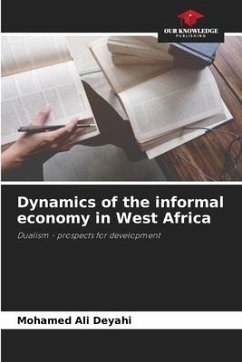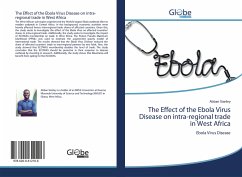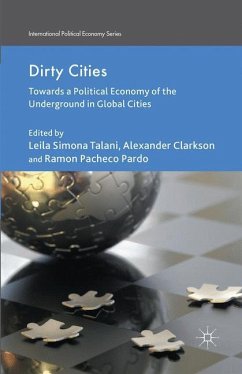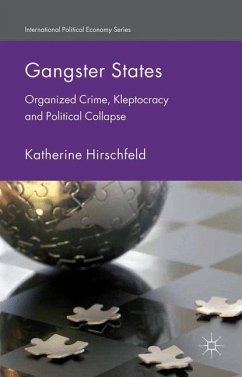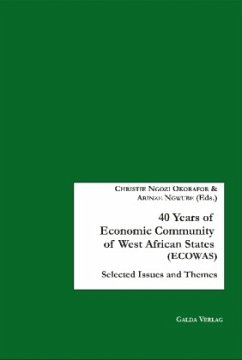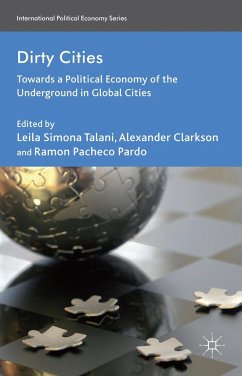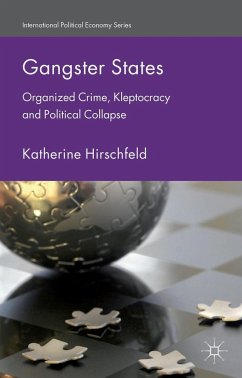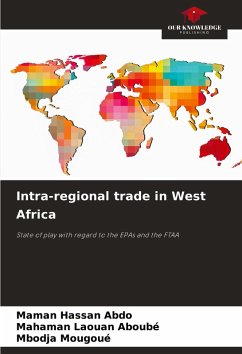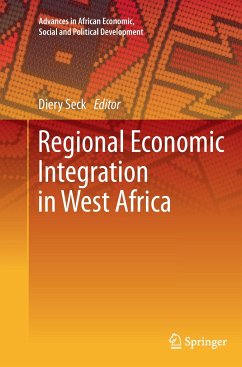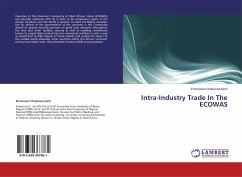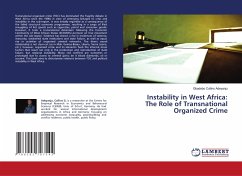
Instability in West Africa: The Role of Transnational Organized Crime
Versandkostenfrei!
Versandfertig in 1-2 Wochen
36,99 €
inkl. MwSt.

PAYBACK Punkte
18 °P sammeln!
Transnational organised crime (TOC) has dominated the fragility debate in West Africa since the 1990s in view of emerging linkages to crisis and instability in the sub-region. It was initially regarded as a consequence of the failed structural economic programmes, resulting in a surge of illicit smuggling of licit goods such as cigarettes, petrol and consumer goods. However, it took a transnational dimension following the Economic Community of West African States (ECOWAS) protocol on free movement within the sub-region. Evidence has shown a rise in incidences of violence, insecurity, weakened ...
Transnational organised crime (TOC) has dominated the fragility debate in West Africa since the 1990s in view of emerging linkages to crisis and instability in the sub-region. It was initially regarded as a consequence of the failed structural economic programmes, resulting in a surge of illicit smuggling of licit goods such as cigarettes, petrol and consumer goods. However, it took a transnational dimension following the Economic Community of West African States (ECOWAS) protocol on free movement within the sub-region. Evidence has shown a rise in incidences of violence, insecurity, weakened state institutions and state failure, as well as equal rise in activities of organised criminal networks. The direct causal relationship is not clear-cut (as in Mali, Guinea-Bissau, Liberia, Sierra Leone, etc.); however, organised crime and its elements fuels the internal stress factors that result not only in the production and reproduction of state failure, but regional instability. Many civil conflicts are outcomes or prolonged due to access to criminal gains; be it blood diamonds, oil or cocaine. The book aims to dichotomise relations between TOC and political instability in West Africa.



